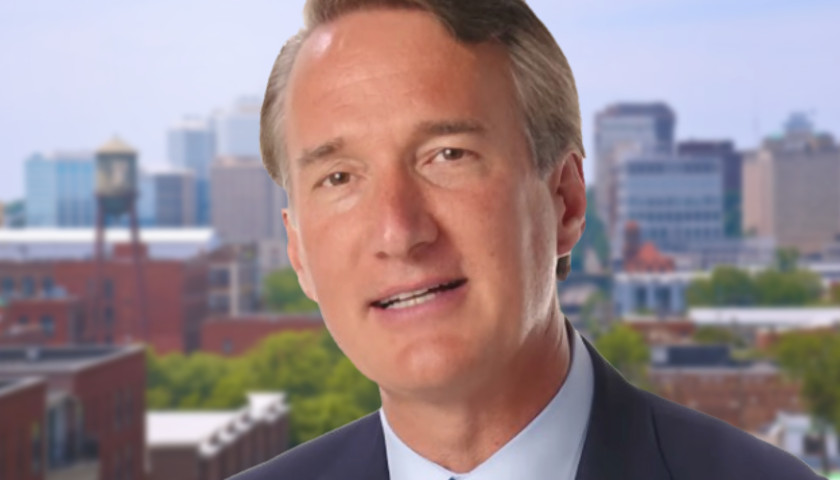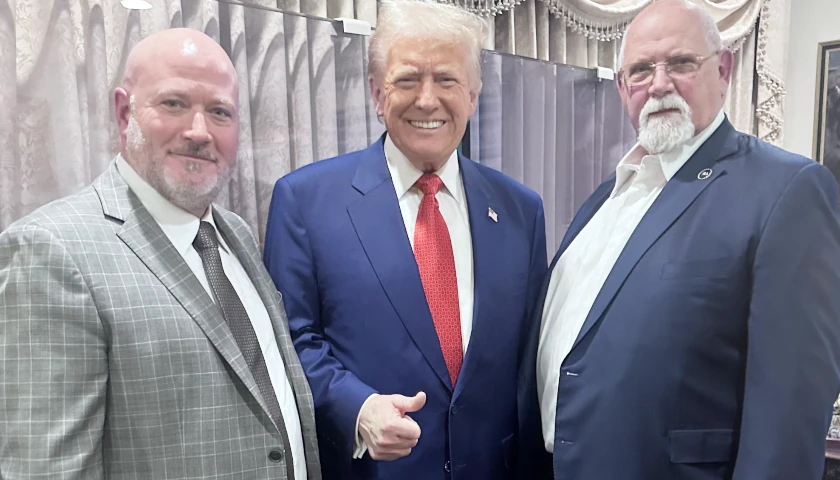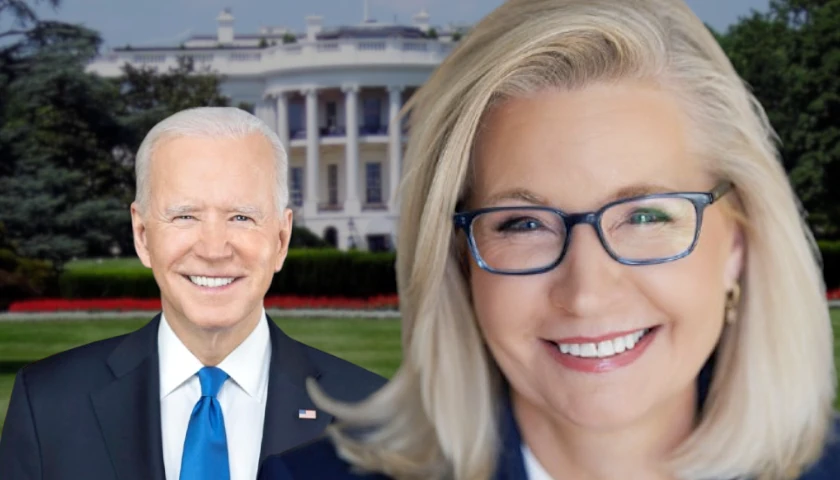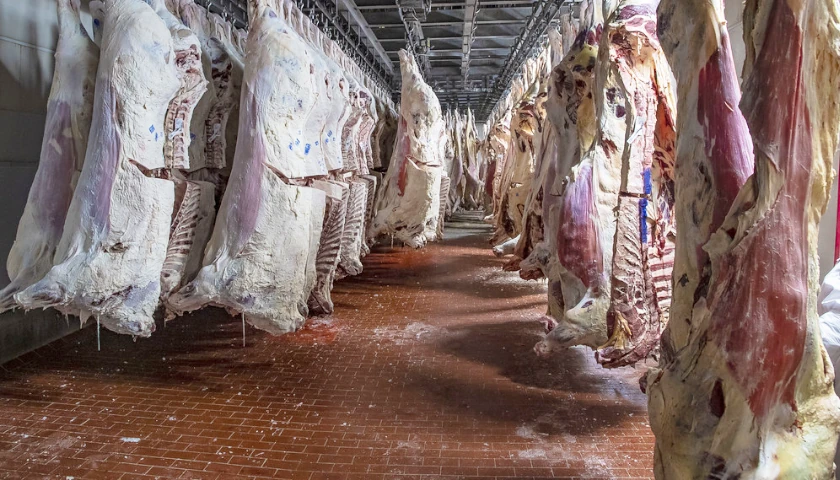Virginia Governor Glenn Youngkin sent a letter to two federal agencies within the Biden administration, urging them to require federal employees to return to the office in order to save the Washington Metropolitan Area Transit Authority (WMATA) from a budget deficit he claims threatens the future of public transportation in Virginia and Washington, D.C.
Youngkin urged the federal Office of Personnel Management (OPM)and Office of Management and Budget to order its employees back to their offices “to infuse needed energy into the Greater DC regional economy and provide WMATA with a sustaining ridership level.”
The letter, originally obtained by 7News, notes that WMATA is currently forecasting a deficit of up to $650 million.
The shortfall in money is largely driven by a steep decline in WMATA riders, which Youngkin wrote is “driven primarily by the federal government’s failure to bring its workforce back to the office.”
WMATA reported in June that, while 2023 saw more people return to mass transit for transportation, there are only about 50 percent as many people using the rail system when compared to 2019, the last year before the COVID-19 pandemic response compelled many to work remotely. Bus ridership was also down 18 percent compared to 2019, while parking was down 63 percent.
Youngkin wrote that before the pandemic, “federal workers contributed over $100 million,” to the WMATA bus system, with federal employees constituting 40 percent of the ridership. The governor wrote that, in 2022 the “figure was down” by more than 80 percent, with federal workers generating just “$17 million in revenues” and representing just 14 percent of the ridership.
The governor seemed to suggest that WMATA may ultimately have to consider reducing its current fleet and schedule, lamenting that the federal agency’s managers seem “content to run cars and buses without paying passengers,” with some vehicles running empty due to the lack of federally employed commuters.
Youngkin also said WMATA must “address the significant issue of fare skipping,” which the agency recently said happens about 40,000 times daily.
“Virginia wants the Metro to survive and thrive, but the Commonwealth cannot become a partner in the solution until critical actions are taken to increase ridership and reduce costs significantly,” Youngkin concluded.
The WMATA shortfall comes despite the agency attempting to sufficiently cut costs during the COVID-19 pandemic. At the end of 2020, the agency announced plans to reduce its number of employees by 3,800 by the end of 2022.
Metro also introduced higher faregates in several high traffic areas, and reported in August that fare evasion dropped by more than 70 percent in areas where they were installed.
– – –
Tom Pappert is the lead reporter for The Tennessee Star, and also reports for The Georgia Star News, The Virginia Star, and the Arizona Sun Times. Follow Tom on X/Twitter. Email tips to [email protected].
Image “Gov. Glenn Youngkin” by Glenn Youngkin and “Downtown Richmond” by Ron Cogswell CC2.0.








